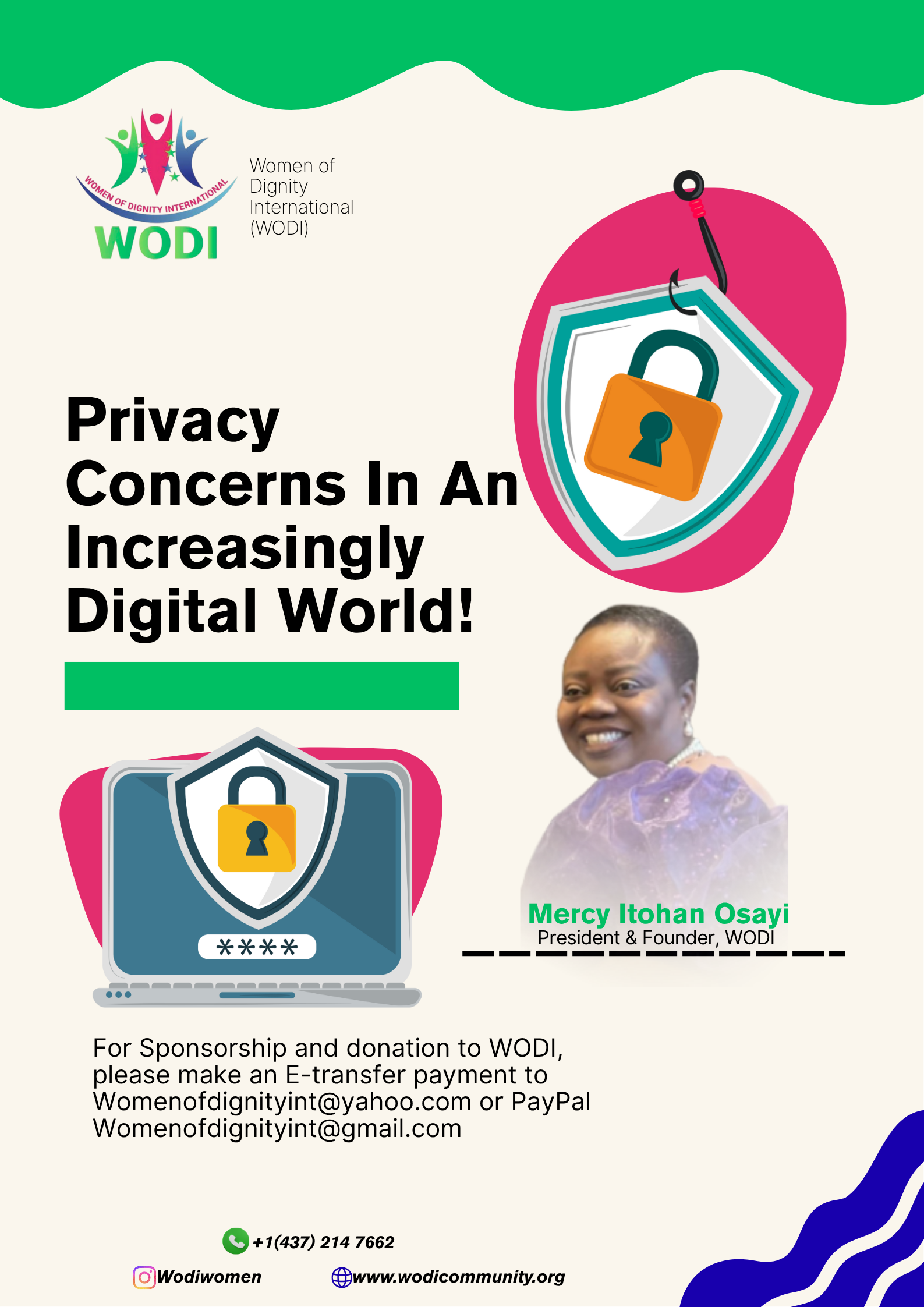Privacy Concerns In An Increasingly Digital World!

Privacy Concerns In An Increasingly Digital World!
In today’s world, we are more connected than ever before. With smartphones, social media, and smart devices, we share our lives online in ways that were unimaginable just a few decades ago. While this digital age offers many conveniences, it also raises important questions about our privacy.
What is Privacy?
At its core, privacy means having control over our personal information. This includes things like our names, addresses, phone numbers, and even our online activities. In a digital world, our data is often collected and shared without us even realizing it. Companies track what we do online to target ads or improve their services, but this can lead to concerns about how our information is used and who has access to it.
Why Should We Care?
1. Data Breaches: One of the biggest risks is data breaches. When companies store our information, they must protect it. However, hackers can sometimes break into their systems and steal our data. This can lead to identity theft or other serious issues.
2. Surveillance: Many people worry about being watched all the time. With cameras everywhere and devices that listen to us, it can feel like our privacy is shrinking. Governments and companies may monitor our activities for security or marketing purposes, which raises questions about how much surveillance is too much.
3. Lack of Control: Often, we don’t fully understand what happens to our data once we share it online. Many websites have long terms and conditions that most people don’t read. This can leave us feeling like we have no control over our own information.
4. Targeted Ads: While targeted advertising can be helpful, it can also feel invasive. When we see ads that seem to know us too well, it can be unsettling. It makes us wonder how much companies really know about us and what they do with that information.
What Can We Do?
1. Be Informed: The first step is to understand how our data is collected and used. Taking time to read privacy policies and knowing what permissions we give apps can help us make better choices.
2. Use Privacy Settings: Most social media platforms and apps offer privacy settings. Adjusting these settings can help protect our information from being shared publicly.
3. Think Before You Share: Before posting something online, consider whether you’re comfortable with everyone seeing it. Once something is on the internet, it can be hard to take back.
4. Stay Updated: Technology is always changing, and so are the laws around privacy. Staying informed about new developments can help us protect ourselves better.
Conclusion
As we continue to embrace the digital world, it’s essential to prioritize our privacy. Understanding the risks and taking steps to protect our personal information will help us enjoy the benefits of technology without compromising our safety. By being informed and cautious, we can navigate this digital landscape while keeping our privacy intact.
